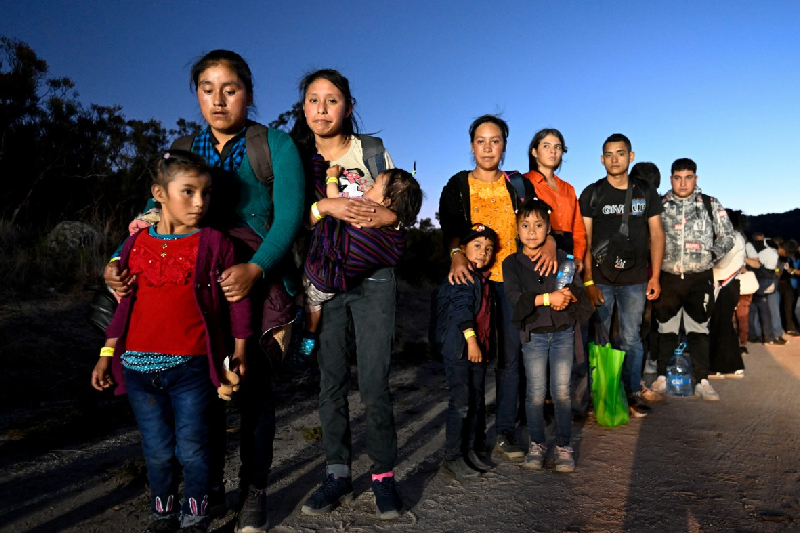Immigration Bill Raises Human Rights Concerns Amidst Swift Approval
The passing of new immigration powers by the Australian parliament has generated mixed discussion. Critics have highlighted concerns over potential human rights implications. The amendments grant expanded authority to the immigration minister regarding the deportation of non-citizens.
Under the new provisions, the minister can compel non-citizens facing removal to actively participate in securing their deportation from the country. Failure to comply with such directives may result in serious penalties like mandatory detention from one to five years. This has fueled worries among legal experts and advocacy groups over possible infringements of fundamental rights.
Opponents have swiftly pointed out apparent shortcomings in terms of contradicting Australia’s international human rights obligations. Major critics include the Greens party, independent legislators, the Refugee Council of Australia, and the Kaldor Centre for International Refugee Law. A key issue is the bill’s application to individuals who went through an expedited refugee status assessment process, which was previously criticized by the Labor Party, raising fears legitimate asylum claims may not receive adequate review, potentially exposing people to harm upon deportation.
Beyond procedural fairness and rights concerns, the legislation has also ignited debate regarding its potential to exacerbate family separation and introduce discriminatory measures. Critics argue a provision denying the defense of risk of persecution violates principles of protection and could endanger vulnerable individuals. Additionally, designating certain countries as “removal concern nations” has raised questions about discriminatory impacts on visa applications and travel from those nationalities.
Despite assurances from the immigration minister regarding child protections, apprehensions remain regarding the bill’s potential to split up families and undermine fundamental rights. Critics also argue it lacks sufficient provisions to address complex migration and refugee issues. As the bill progresses, it will likely continue facing scrutiny and opposition from advocates of universal human rights and equal treatment regardless of citizenship status.



Comments
Post a Comment